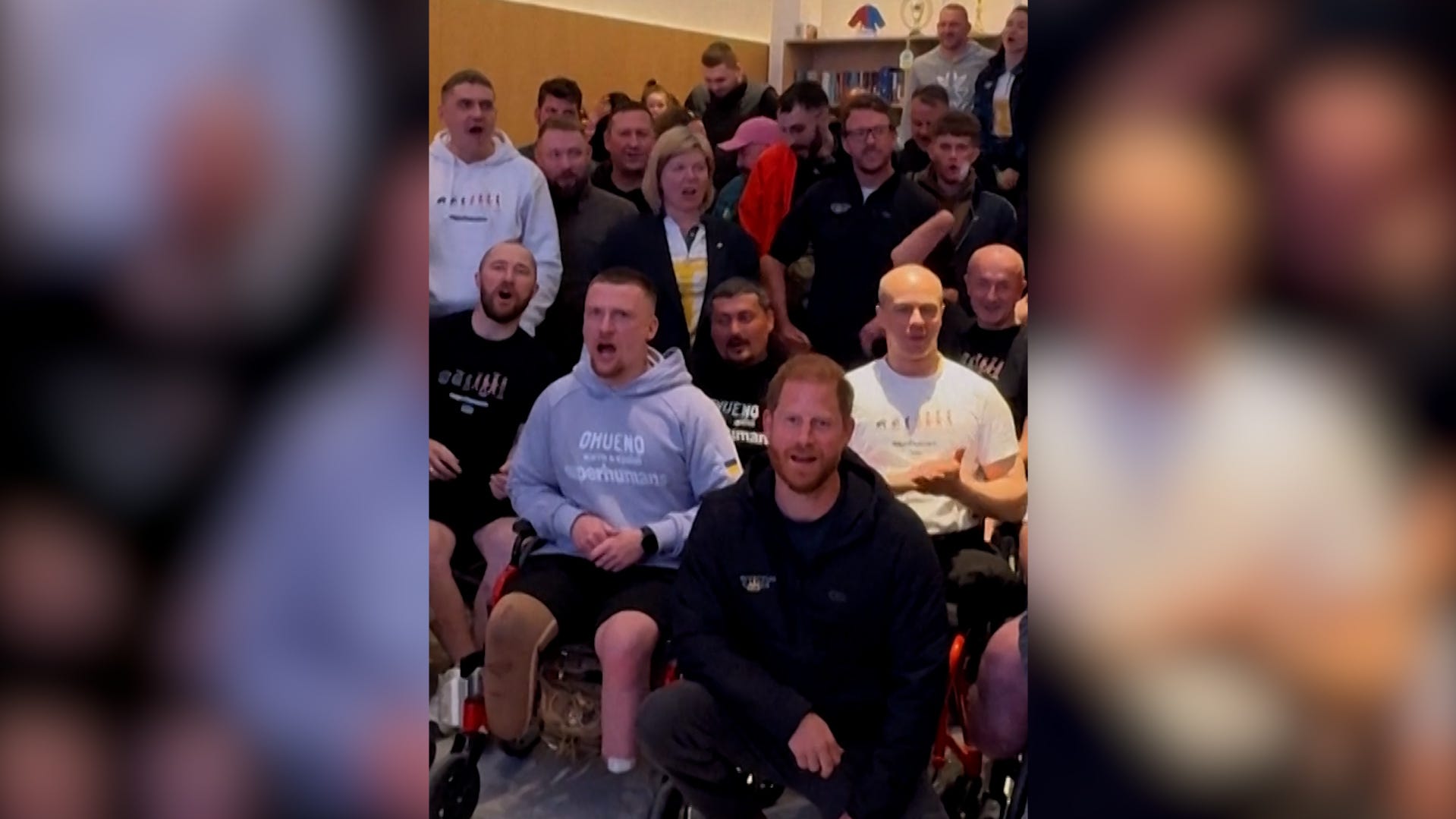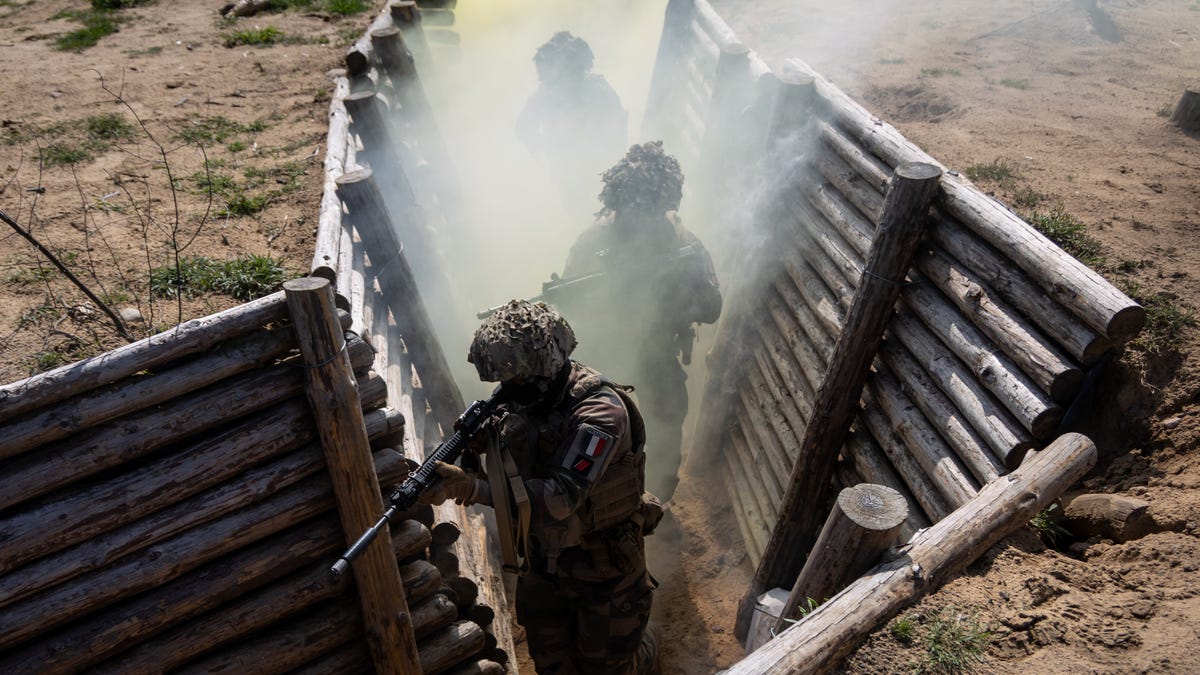NATO Secretary-General Mark Rutte refused after speaking with President Donald Trump to weigh in on a U.S. plan to end Russia’s war against Ukraine.
Zelenskyy said he is willing to step down to join NATO, blasts Trump
Ukrainian President Zelenskyy said he would step down if it meant Ukraine could join NATO. He also blasted Trump’s mineral reserves proposal.
- Rutte didn’t rule out eventual NATO membership for Ukraine.
- Trump administration officials say Ukraine won’t join the military alliance.
WASHINGTON − NATO Secretary-General Mark Rutte refused during a visit to Washington to weigh in on President Donald Trump’s controversial peace plan for Ukraine, which would allow Russia to maintain control of territory it seized by force from the U.S. ally.
Rutte told journalists after talks with President Donald Trump and other officials that a deal to end the war “will involve compromises” but would not discuss specifics of the U.S. plan, including a de facto recognition of Russia’s illegal annexation of Crimea.
Peace without recognition?
Yet, in declining to comment on the future of Crimea, a region of Ukraine that Russian separatists seized in 2014 prior to the start of the current war, Rutte noted that the Soviet Union had annexed three Baltic states during World War II until its collapse in 1991.
The U.S. never officially recognized Lithuania, Estonia or Latvia as part of the Soviet Union. And after regaining their independence, the countries joined NATO in 2004.
“So zooming out from the talks, there is a difference between a de facto acknowledgement of one state having captured parts of another country, and a legal – and legally accepting that fact, now this part of that country, or that whole country, in the case of the Baltics, or in this case of Ukraine, is now part of Russia. That’s different,” Rutte said.
Trump envoy meets Putin
Rutte sat for an interview as Trump special envoy Steve Witkoff met with Russian Vladimir Putin in Moscow. The conversation with journalists followed a surprise meeting with Trump at the White House the day before while Rutte was in Washington for planned talks with members of Trump’s national security team.
It was the relatively new NATO chief’s second visit to Washington in the three months since Trump returned to office.
Speaking to a group of journalists on April 25, the NATO chief repeatedly sidestepped questions about various statements Trump has made about Russia’s war against Ukraine. The most recent of those came in a Time magazine interview that published earlier in the day.
Trump in the interview said, “Crimea will stay with Russia.” He also said of Ukraine, “I don’t think they’ll ever be able to join NATO.”
Ukraine NATO bid ‘still totally valid’
Rutte argued several hours later that the alliance’s pledge in 2024 that Ukraine’s eventual entry into NATO is irreversible is “still totally valid.”
“There was no specific date, and more specifically, it was never said that the entry of Ukraine into NATO would be linked to a peace deal. It’s always separate,” he said. “It was never promised to Ukraine that as part of an end of the conflict with Russia, it would become a member of NATO. So that text of a irreversible path for Ukraine into NATO stands and is still totally valid.”
He also would not say how much money members of the alliance would commit to spending on their collective defense at NATO’s June summit in the Netherlands, due to the ongoing nature and sensitivity of the discussions.
NATO: How much with Europe pay?
But Rutte, a former prime minister of the Netherlands, said the amount would address gaps between NATO’s current capabilities and the results of a data-driven defense planning process currently underway. The process will determine what is needed to protect member states from threats emanating from Russia and China, which is engaged in a military buildup.

Prince Harry visits Ukraine to meet wounded warriors
Prince Harry makes surprise visit to Ukraine, where he met victims of war in Ukraine as a part of his work with wounded veterans.
NATO allies previously agreed to spend at least 2% of their GDP on defense and roughly a third still have not reached that target. Trump is pressing them to more than double that amount to 5%, which is higher than what even the U.S. currently spends.
“I think it’ll be a percentage,” Rutte said. “I think still as a percentage of GDP, most likely. And the defense ministers in June will decide, finally, this idea now on the targets.”
